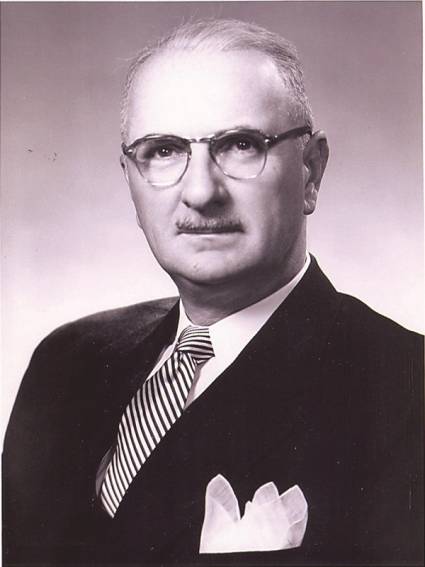
It was the early months of 1960 and plans for the overthrow of the Cuban revolutionary government were being debated among the high U.S. administration. It was Lester Mallory, then Assistant Deputy Assistant Secretary of State for Inter-American Affairs, who summarized the principles that still govern the economic and political aggression against the Caribbean nation.
The official proposed a blockade that "(...) achieves the greatest progress in depriving Cuba of money and supplies, to reduce its financial resources and real wages, to provoke hunger, desperation and the overthrow of the Government", a proposal that was only declassified in 1991.
However, in the first measures of those punitive actions, the administration of President John F. Kennedy was careful to keep as a sheet of paper not to directly include food and medicines, although in practice that exchange was almost eliminated.
That formality ended 57 years ago when, on May 31, 1964, the deadline for the alleged exchanges expired and the White House decreed a total ban on the export of medicines and foodstuffs.
In these more than fifty years, in some aspects these restrictions were not maintained and since the 1990s, supposedly for humanitarian reasons in the face of world pressure, the U.S. allowed the island to buy mainly chicken, but paying in cash and without credit or facilities in U.S. banks for such business, something that completely denies the usual customs in world trade.
Regarding medicines and medical supplies, the prohibition is only lifted under specific authorizations or licenses, which are usually extended in time and generally denied even in the case of purchases of drugs or medical procedures essential to save the lives of seriously ill patients, including children with oncological diseases.
This black list includes a new generation of unique procedures and medications to treat cancer and cardiovascular surgery, which are produced in the United States, forcing Havana to acquire them with great difficulty due to the extension of the blockade to third countries, and at a very high cost to save patients condemned to death for the crime of living in Cuba.
To guarantee greater effectiveness of these punitive measures, the U.S. administration qualified the William Soler Pediatric Cardiocenter in Havana as a "Denied Hospital" because it is suspected of participating in practices related to terrorism, which is why it is prohibited from purchasing medicines and supplies that sometimes make the difference between the life and death of an infant.
But if these examples were not enough, during the recent pandemic it was demonstrated that Washington has no limits in its policy against Cuba by making COVID-19 its ally to tighten the inhuman attack.
The island has faced the most dangerous epidemic of the last century in the world with its medical services struck by an increased blockade, which in monetary terms exceeds 100 million dollars every year.
Artificial respirators are essential as life support for those seriously ill with the SARS-CoV-2 virus, and public health authorities tried to buy this equipment from the Swiss companies IMT Medical AG and Acutronic Medical Systems AG, which finally refused to sell them under pressure from the White House, which acquired both companies.
The Cuban government denounced the new aggression, and reiterated it will not prevent the needy sick from having that vital support guaranteed, as has been the case.
Also, due to US pressure, transportation companies refused to bring from China important donations of means of protection and supplies, while the anti-Cuban rhetoric of the Oval Office increases, which includes Cuban medical collaboration in the world, in addition to encouraging terrorist actions from Miami.
Nor did the U.S. receive medical oxygen cylinders as a humanitarian initiative, so necessary when the main plant in Cuba broke down and put hundreds of sick people in danger of death.
For Washington, the calls by Antonio Guterres, UN Secretary General, and Michelle Bachelet, UN High Commissioner for Human Rights, calling for the lifting of sanctions imposed on different countries, and specifically on Cuba, to guarantee access to food, health supplies and assistance in the face of COVID-19, were of no consequence whatsoever.
During the pandemic, the health system grew and scientists and health personnel saved many lives, in spite of the attempts of the continuators of a genocidal blockade policy implemented by the United States, which decreed on May 31, 1964 the prohibition of the exportation of medicines and food to Cuba.
Sidebar

 Agencia Cubana de Noticias
Líder en información nacional
Agencia Cubana de Noticias
Líder en información nacional








Nos reservamos el derecho de no publicar los comentario que incumplan con las normas de este sitio